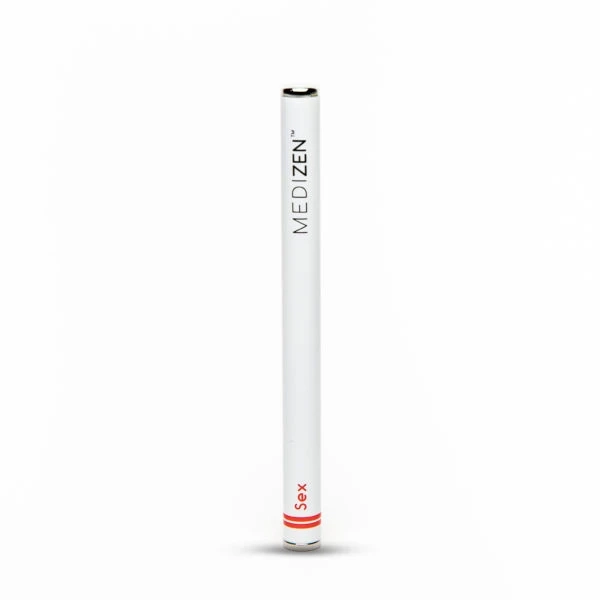Cannabis oil-filled vape cartridges give users a simple way to vaporise strong extracts. Sex Carts, as they are frequently referred as, must go through additional inspections and screens before they are delivered to the customer.
The "electronic vaping-associated lung illness" (EVALI) outbreak that occurred in 2019 is mostly responsible for the concern surrounding Sex Carts. It was discovered that illegal vape cartridges containing Vitamin E acetate were the source of more than 2,800 cases of EVALI. Even though the outbreak only affected items that were illegal, it nonetheless had a negative impact on the legal cannabis market.
Manufacturers of vape cartridges and the extract used to fill them in the legal cannabis market are required to send samples to a third-party laboratory for testing. Before the product is permitted to reach customers, it is examined for pollutants in addition to VEA.
What worries exist regarding Sex Carts?
An investigation by NBC News and the cannabis testing business CannaSafe in 2019 revealed the prevalence of questionable, illegal Sex Carts. According to the article, reporters bought 15 vape cartridges from various unauthorised businesses. 13 out of 15 samples that were examined by CannaSafe were found to contain vitamin E acetate. Furthermore, myclobutanil, a fungicide that emits very harmful fumes when heated, was detected in every one of the pesticide-screening samples (ten in total), which is a result. None of these pollutants were discovered in the cartridges acquired from authorised dispensaries that were subject to regulatory oversight.
This small experiment has demonstrated that there are significant differences between vape carts that have been manufactured and tested by respectable, state-licensed companies and those that have not. However, some customers might still be on the fence, which is understandable.
What Is Tested For In Vape Carts?
To ensure consumer safety, vape carts go through a number of testing. Consumers and authorities alike are well aware of the dangers of untested cartridges, particularly in light of the EVALI incident. As a result, producers of legal cannabis must follow additional regulatory requirements to guarantee the security of their goods. When evaluating Sex Carts, cannabis analytical laboratories may test for any or all of the following substances, depending on state law, manufacturer demands, or dispensary requests.
Vaping Supplements
When evaporated and breathed, lipids that are added to vape cartridges can be hazardous. Some additional lipid compounds have been connected to lung disease when utilised in products like cannabis oil and concentrates. Other vape additives to watch out for include polyethylene glycol (PEG) and propylene glycol (PG), in addition to VEA. Although these substances are often used and regarded as safe in topical and ingestible applications, their safety in applications requiring heating and inhalation is uncertain.
Terpene And Phytocannabinoid Profiling
Customers who purchase lab-tested carts can learn more about how a certain brand of cannabis oil can effect them by looking at the full cannabinoid profiles and terpene concentrations. Consistent chemical profile between batches can also assist producers in achieving consistency in experience, flavour, and aroma—essential for building a branded range of goods and winning over customers. A vape cartridge's label will often list the cannabinoid and terpene content.
The Testing Process For Vape Carts
Cannabis analytical labs use testing procedures that require state-of-the-art equipment and thorough scientific procedures to assess each sample.
Testing Of Vape Additives
It is crucial that testing facilities certify that Sex Vape cartridges are free of any elements that can be dangerous to breathe in. One of these ingredients is Vitamin E Acetate (VEA). However, not all states require VEA and other lipid additions to be tested for by cannabis vape producers.
0


